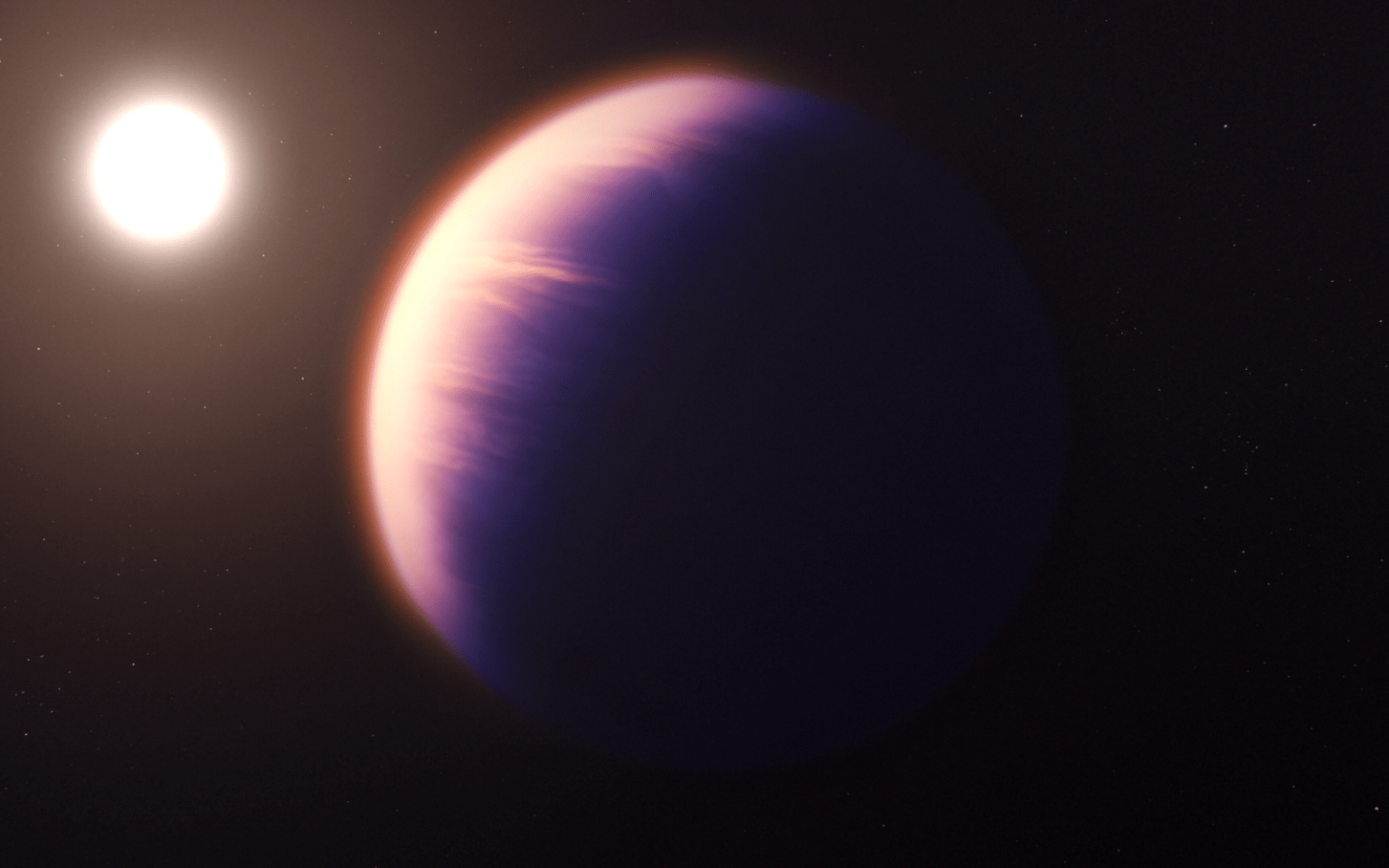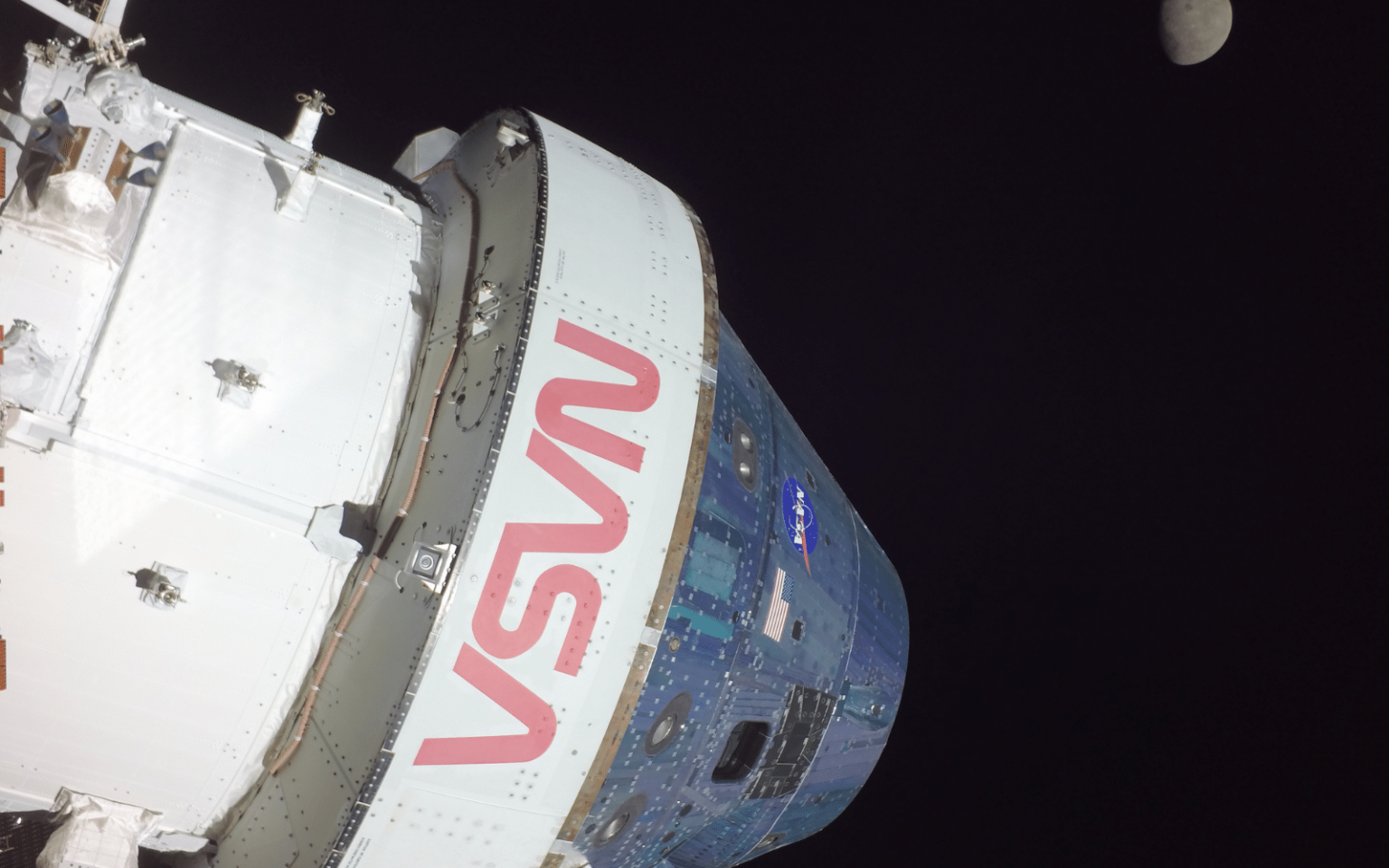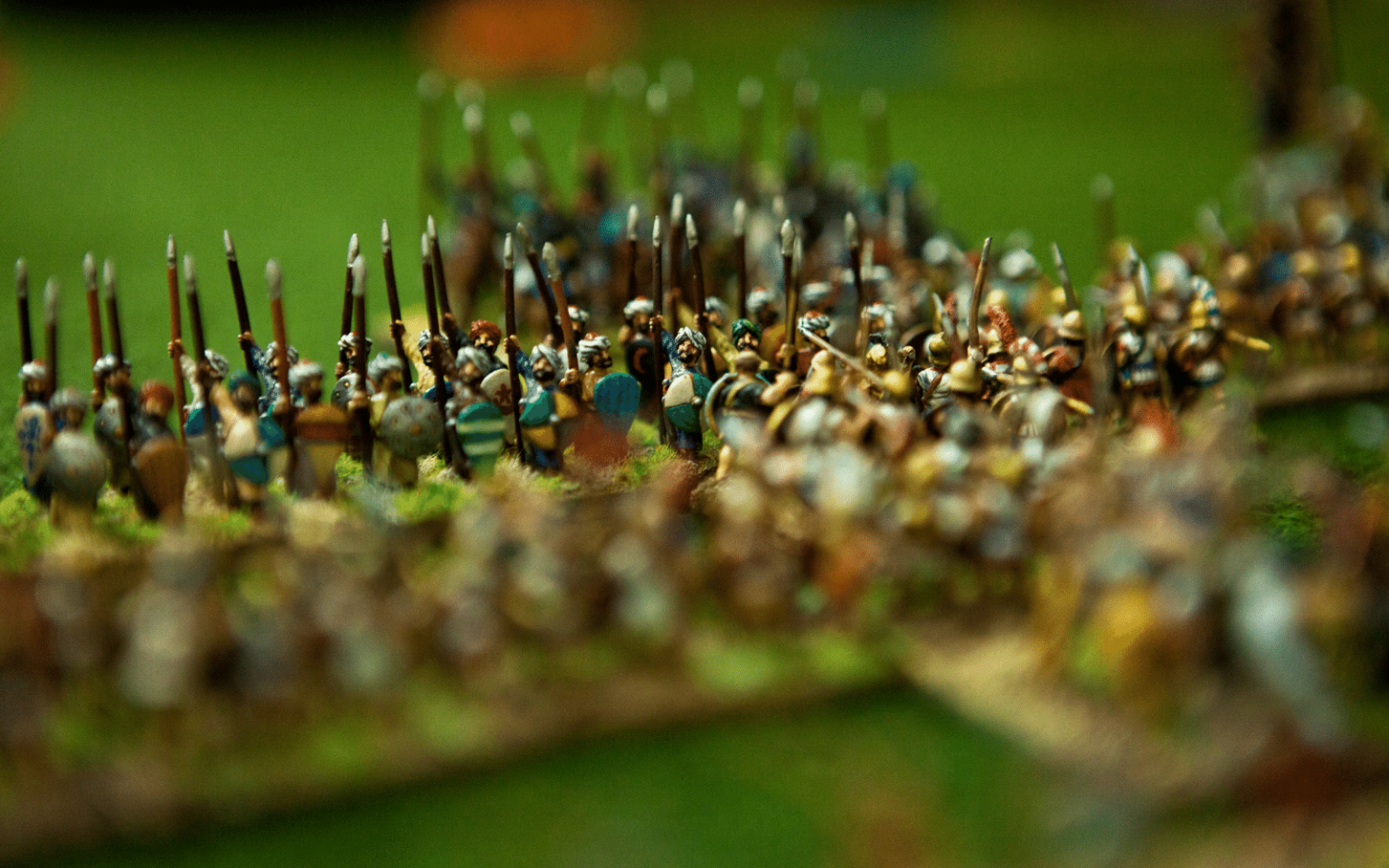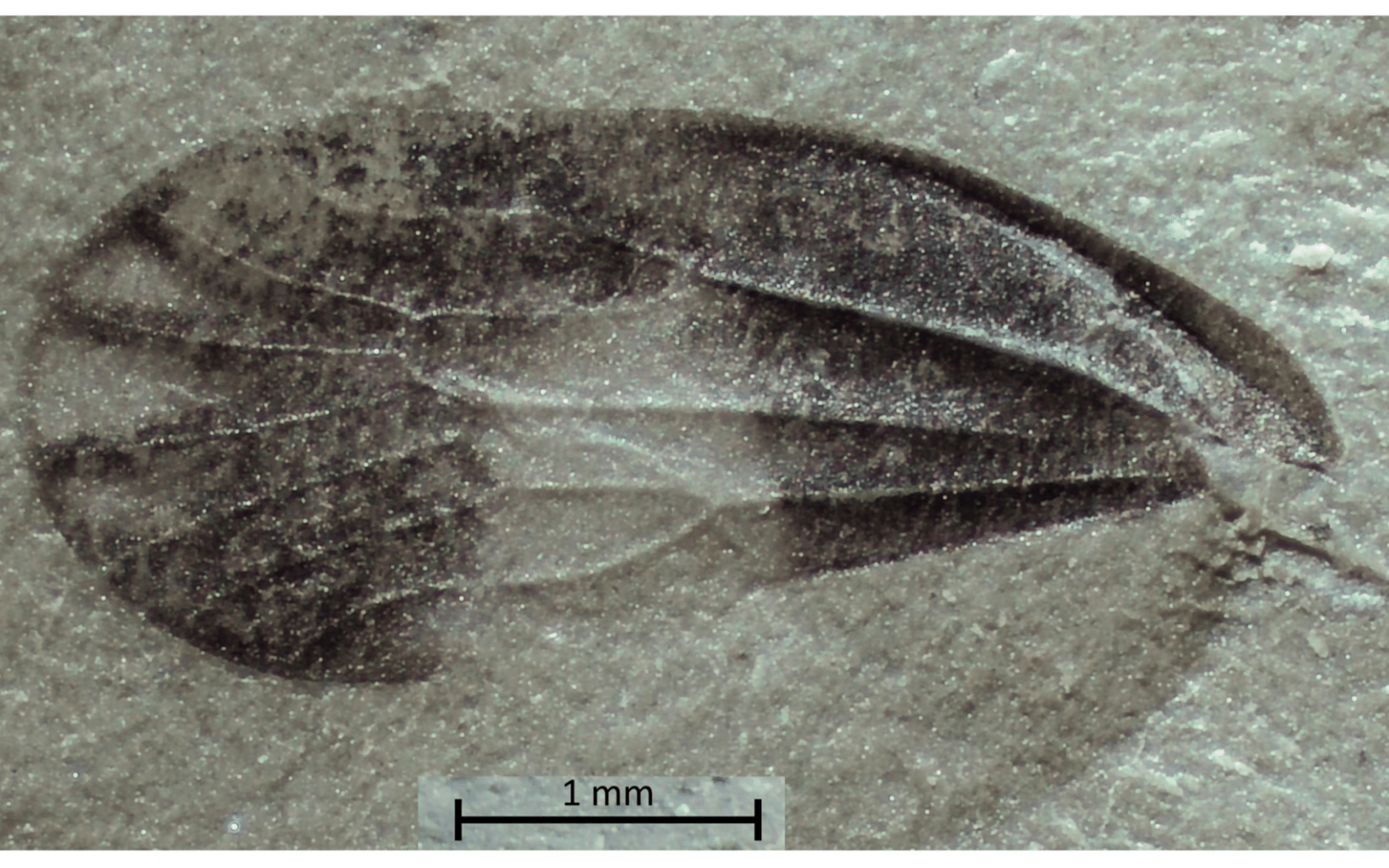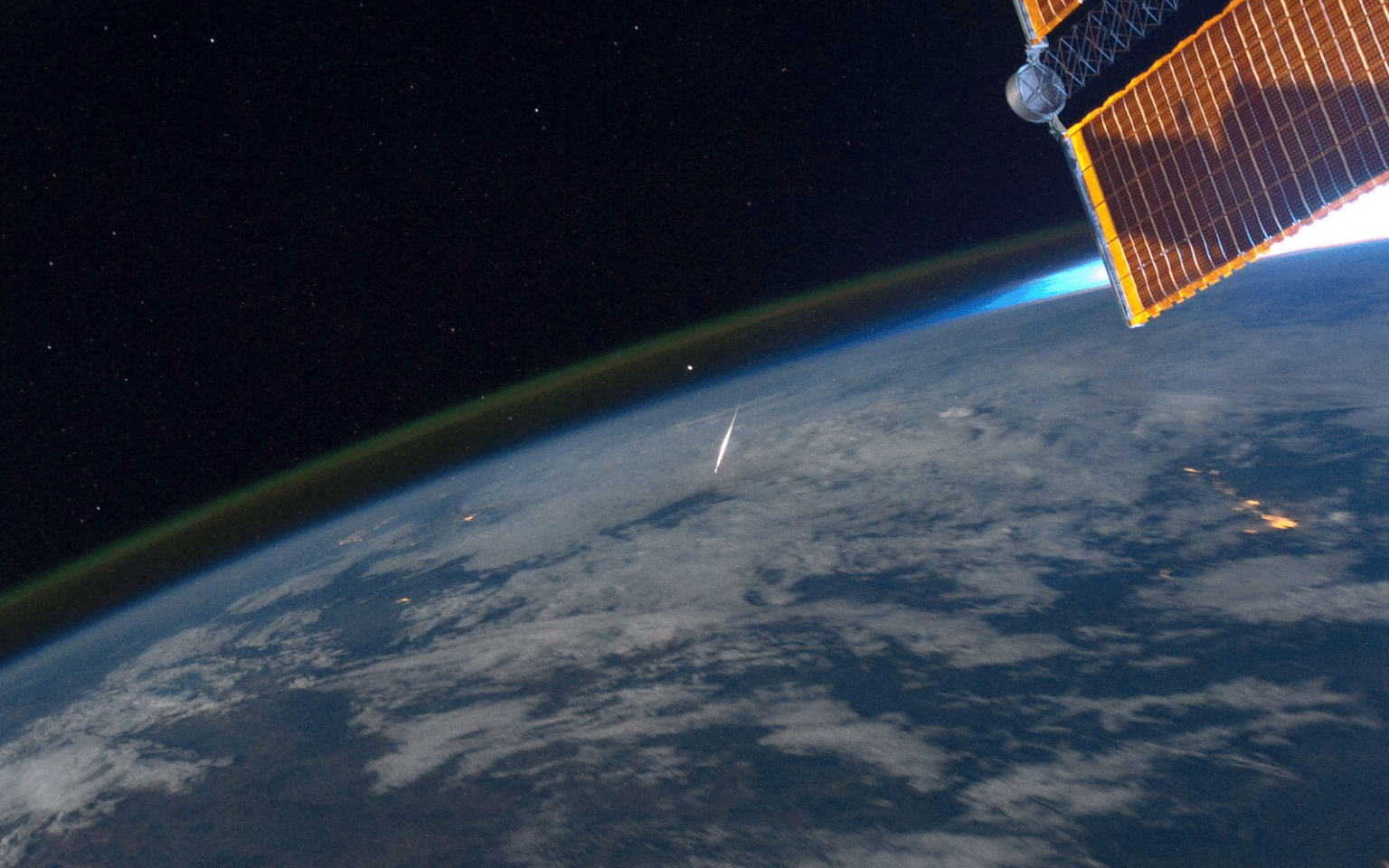You might have come across #EatWithMe videos on TikTok, which typically feature young women eating food while encouraging viewers to eat along with them. Many such content creators say they aim to help people with eating disorders overcome their fear of food. But some videos tagged #EatWithMe also feature the hashtag “mukbang” (which are videos showing people eating an often vast amount of food). So, what’s the connection between #EatWithMe videos and mukbang? And what are we to make of claims #EatWithMe videos could help people overcome a fear of eating? #EatWithMe videos The #EatWithMe videos on TikTok represent a…
Author: The Conversation
Since the first planet orbiting a star other than the Sun was discovered in 1995, we have realised that planets and planetary systems are more diverse than we ever imagined. Such distant worlds – exoplanets – give us the opportunity to study how planets behave in different situations. And learning about their atmospheres is a crucial piece of the puzzle. Nasa’s James Webb space telescope (JSTW) is the largest telescope in space. Launched on Christmas Day 2021, it is the perfect tool for investigating these worlds. Now my colleagues and I have used the telescope for the first time to unveil the…
Neil Armstrong took his historic “one small step” on the Moon in 1969. And just three years later, the last Apollo astronauts left our celestial neighbour. Since then, hundreds of astronauts have been launched into space but mainly to the Earth-orbiting International Space Station. None has, in fact, ventured more than a few hundred kilometres from Earth. The US-led Artemis programme, however, aims to return humans to the Moon this decade – with Artemis 1 on its way back to Earth as part of its first test flight, going around the Moon. The most relevant differences between the Apollo era and the mid-2020s are an…
In a rare piece of good news from Meta, artificial intelligence researchers at the company have just announced a scientific breakthrough. Their AI program named Cicero can now play the board game Diplomacy at a human level. Now, before you get too excited, Cicero isn’t playing at superhuman level. It was beaten by around 10% of the humans it played against. By comparison, in previous AI milestones, like AI beating humans in chess or Go, humans have long been completely surpassed. DeepMind’s Go-playing AI is, for example, a “Go god” – according to the Chinese grandmaster Ke Jie. Even the human…
South Africa is famous for its amazingly rich and diverse fossil record. The country’s rocks document more than 3.5 billion years of life on Earth: ancient forms of bacterial life, the emergence of life onto land, the evolution of seed-producing plants, reptiles, dinosaurs and mammals – and humanity. Many will be familiar with hominid fossils such as the Australopithecus africanus skull Mrs (or is it Mr?) Ples and the paradigm-shifting Taung child. Less well known and equally important fossils such as the oldest terrestrial vertebrates in the ancient supercontinent Gondwana, which document the first steps from the ocean and onto land, have also emerged from South…
On July 31 2013 a constellation of US defence satellites saw a streak of light over South Australia as a rock from outer space burned through Earth’s atmosphere on its way to crash into the ground below. The impact created an explosion equivalent to about 220 tonnes of TNT. More than 1,500km away, in Tasmania, the bang was heard by detectors normally used to listen for extremely low-frequency sounds from illegal tests of nuclear weapons. These were two excellent indications that there should be a patch of ground covered in meteorites somewhere north of Port Augusta. But how could we track them down? My…
What do a cybersecurity researcher building a system to generate alerts for detecting security threats and vulnerabilities, a wildfire watcher who tracks the spread of forest fires, and public health professionals trying to predict enrollment in health insurance exchanges have in common? They all rely on analyzing data from Twitter. Twitter is a microblogging service, meaning it’s designed for sharing posts of short segments of text and embedded audio and video clips. The ease with which people can share information among millions of others worldwide on Twitter has made it very popular for real-time conversations. Whether it is people tweeting about their favorite sports…
The big idea My colleagues and I have developed a flexible, stretchable electronic device that runs machine-learning algorithms to continuously collect and analyze health data directly on the body. The skinlike sticker, developed in my lab at the University of Chicago’s Pritzker School of Molecular Engineering, includes a soft, stretchable computing chip that mimics the human brain. To create this type of device, we turned to electrically conductive polymers that have been used to build semiconductors and transistors. These polymers are made to be stretchable, like a rubber band. Rather than working like a typical computer chip, though, the chip we’re working with, called…
Just a few hundred feet from where we are sitting is a large metal chamber devoid of air and draped with the wires needed to control the instruments inside. A beam of particles passes through the interior of the chamber silently at around half the speed of light until it smashes into a solid piece of material, resulting in a burst of rare isotopes. This is all taking place in the Facility for Rare Isotope Beams, or FRIB, which is operated by Michigan State University for the U.S. Department of Energy Office of Science. Starting in May 2022, national and international…
November 15 2022 marks a milestone for our species, as the global population hits 8 billion. Just 70 years ago, within a human lifetime, there were only 2.5 billion of us. In AD1, fewer than one-third of a billion. So how have we been so successful? Humans are not especially fast, strong or agile. Our senses are rather poor, even in comparison to domestic livestock and pets. Instead, large brains and the complex social structures they underpin are the secrets of our success. They have allowed us to change the rules of the evolutionary game that governs the fate of most…



